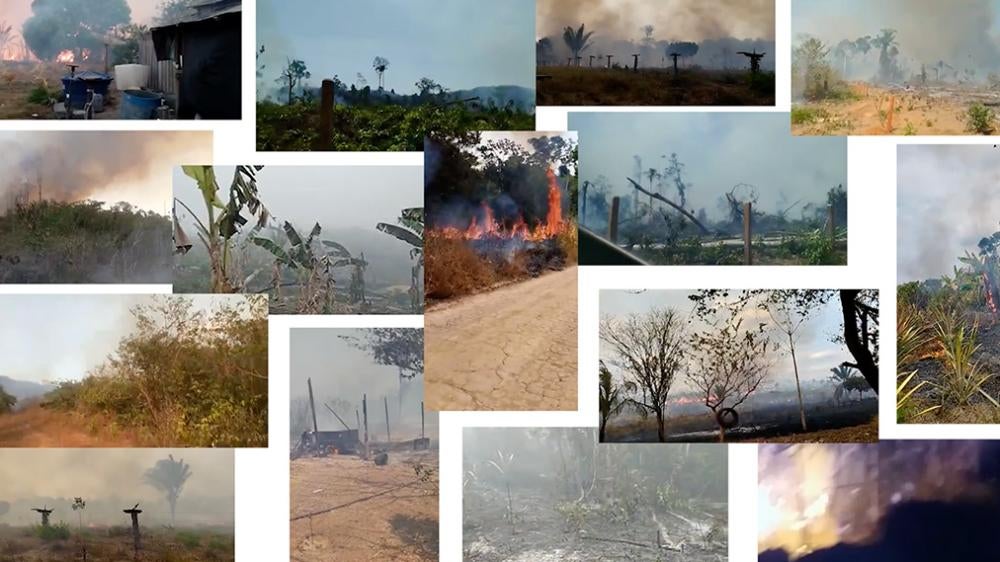Carbon Offsetting’s Casualties
Violations of Chong Indigenous People’s Rights in Cambodia’s Southern Cardamom REDD+ Project
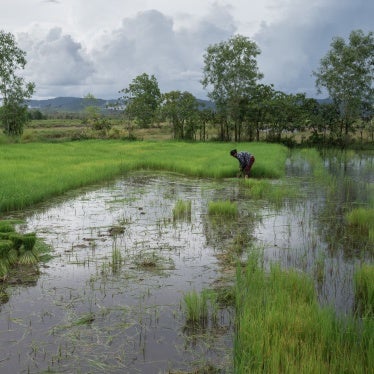
People around the world increasingly experience the devastating effects of environmental crises – from extreme weather, food insecurity, and health issues linked to water and air pollution, to the loss of land, biodiversity, and livelihoods. Inadequate regulation and enforcement of environmentally destructive sectors of the economy – including agricultural commodities, mining, and heavily polluting fossil-fuel industries – drives human rights violations. Governments still fall short of urgent and ambitious actions to keep global warming below 1.5 degree Celsius and prevent further devastation to the global environment. The primary victims of environmental harm are often impoverished and marginalized communities with limited opportunity to meaningfully participate in decision-making and public debate on environmental issues, and have little access to independent courts to achieve accountability and redress. Activists and ordinary citizens defending their rights to land and the environment face intimidation, legal harassment, and deadly violence. Human Rights Watch champions human rights law to force governments to protect people and prevent corporations from continuing to cause extreme environmental degradation.
Violations of Chong Indigenous People’s Rights in Cambodia’s Southern Cardamom REDD+ Project

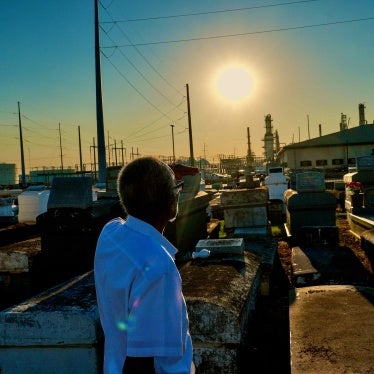
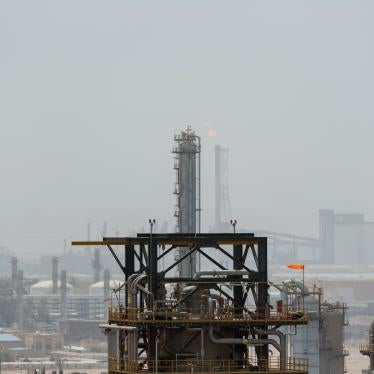
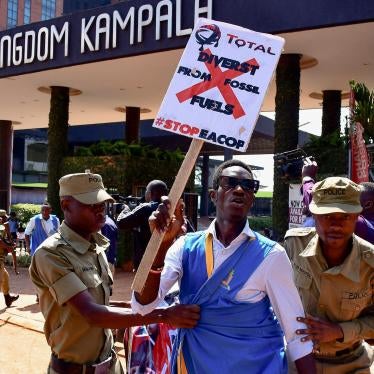
Quash All Charges Against Youth-led ‘Mother Nature’
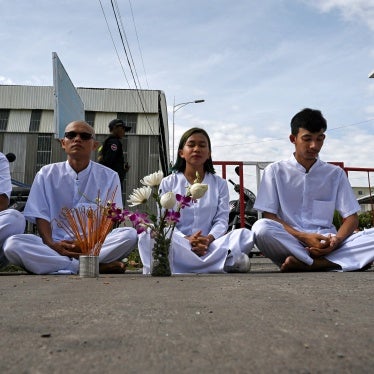
Working Group Should Publish Draft, Engage Civil Society
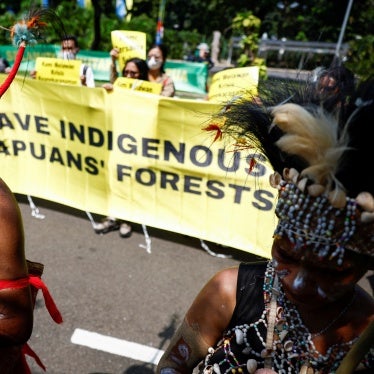
Implement Strong Heat Protections for Citizens, Pilgrims, Migrant Workers
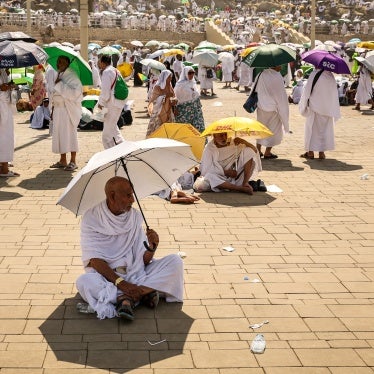
Blas Lopez Spent Decades Helping his Community in Panama Navigate Rising Seas
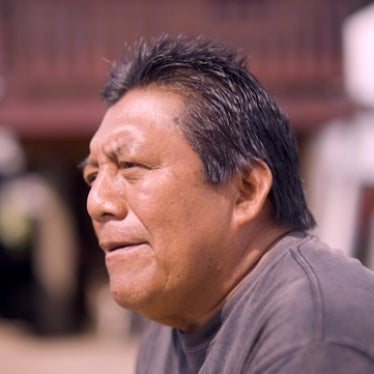
Addressing Climate Change Means Combatting Structural Racism

Environmental Groups, Indigenous Communities Should be at Malaysia, Indonesia Meetings
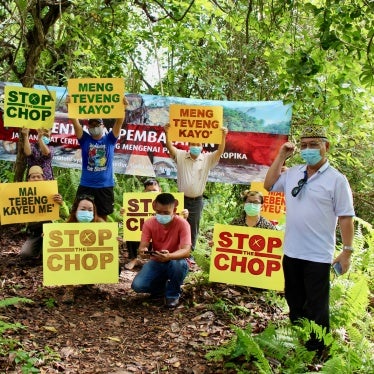
Ensure Fossil Fuel Phase-Out, Civil Society Participation
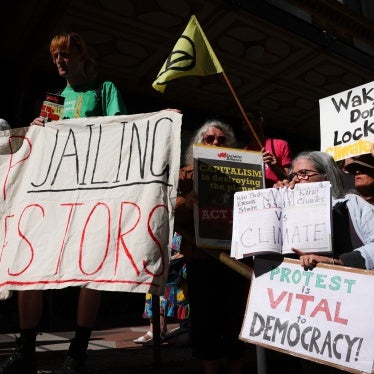
Government Needs Policy to Safeguard Rights for Affected Communities
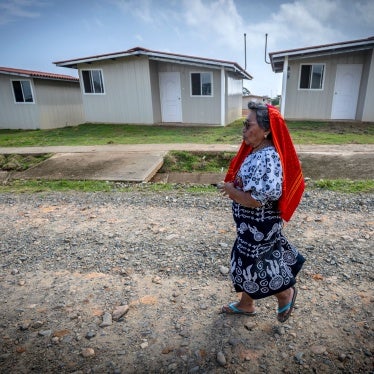
Indictment of Last Generation Sets Dangerous Precedent

